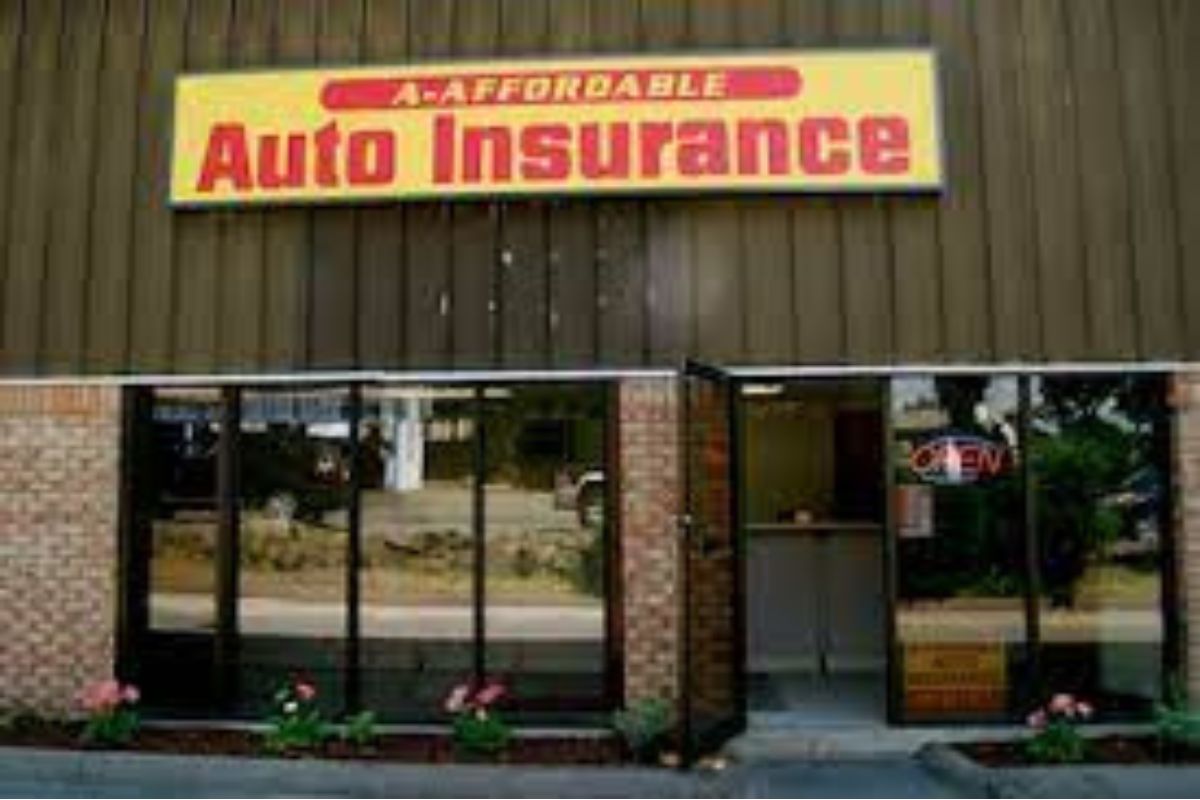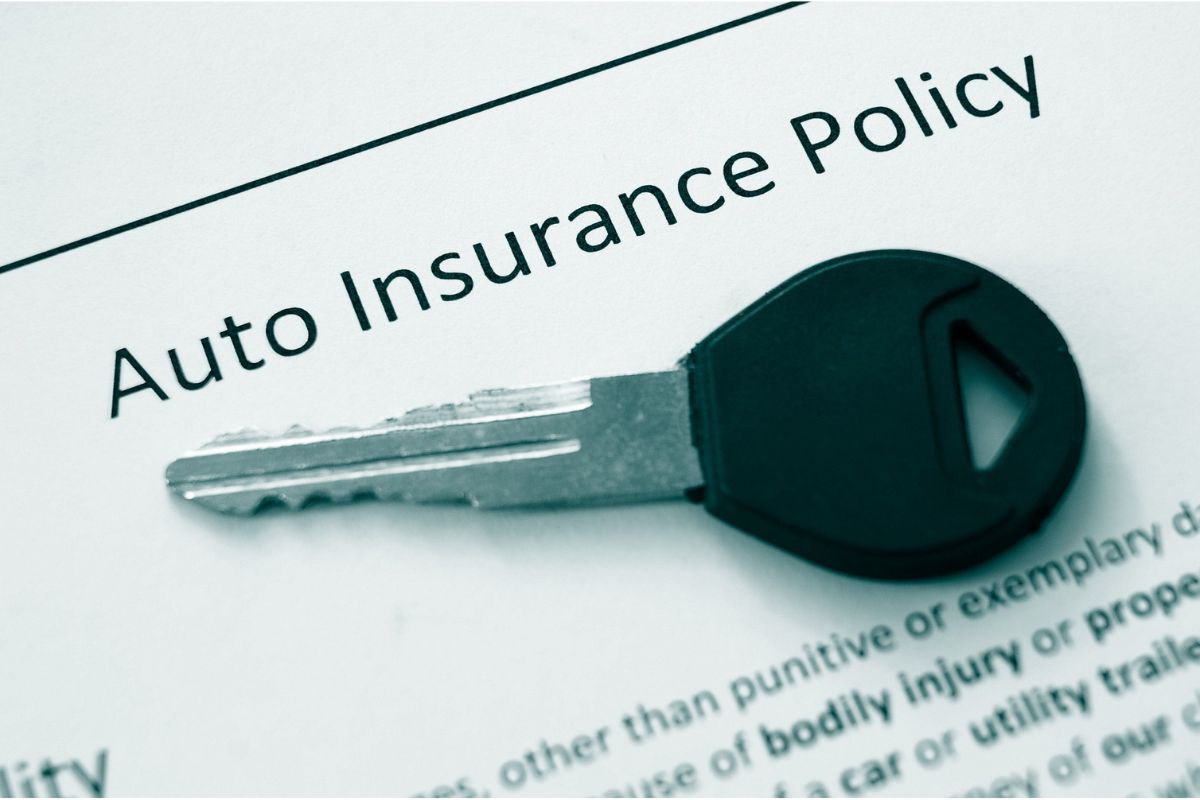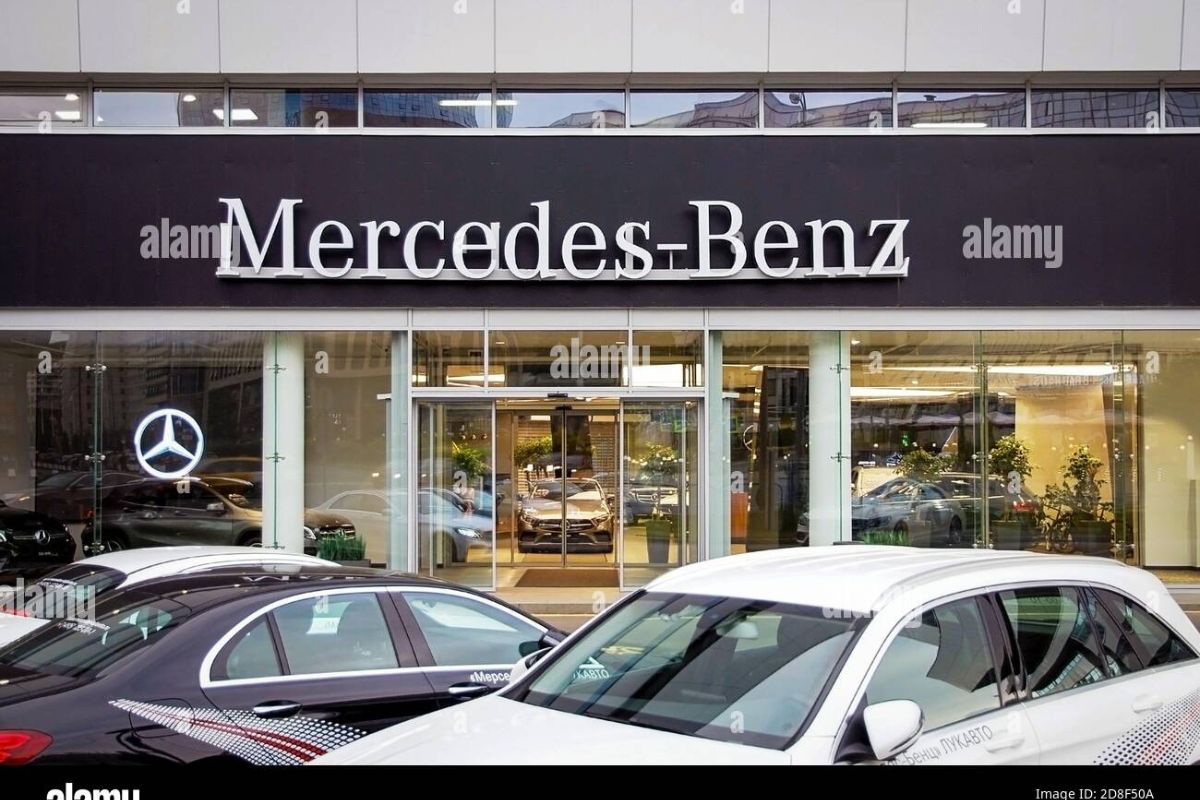When selecting auto insurance coverage, consider several factors to ensure you get the protection you need:
Assess your needs: Evaluate your driving habits, vehicle value, and financial situation to determine the appropriate coverage levels.
Understand coverage options: Familiarize yourself with common types of coverage such as liability, collision, comprehensive, uninsured/underinsured motorist, and personal injury protection (PIP).

Check insurer reputation: Research customer reviews, complaints, and financial strength ratings to ensure reliability and customer satisfaction.
Seek discounts: Inquire about discounts for safe driving records, bundling policies, anti-theft devices, and more to lower premiums without sacrificing coverage.
Car insurance coverage.
Car insurance coverage in the USA typically includes several types of protection to safeguard drivers and their vehicles:
1. Liability coverage: Covers bodily injury and property damage liability for accidents where the insured is at fault. It helps pay for medical expenses and property repairs for others involved in the accident.
2. Collision coverage: Pays for damage to the insured vehicle resulting from collisions with other vehicles or objects, regardless of fault.
3. Comprehensive coverage: Protects against non-collision incidents such as theft, vandalism, fire, or natural disasters. It covers the cost of repairing or replacing the insured vehicle.
4. Uninsured/underinsured motorist coverage: Provides coverage if the insured is involved in an accident with a driver who has insufficient or no insurance. It helps cover medical expenses and property damage.
5. Personal injury protection (PIP): Covers medical expenses, lost wages, and other related costs for the insured driver and passengers regardless of fault.
6. Medical payments coverage: Similar to PIP, it reimburses medical expenses for the insured driver and passengers resulting from an accident.
7. Optional add-ons: Insurers offer additional coverage options like roadside assistance, rental car reimbursement, and gap insurance for comprehensive protection.
Understanding these coverage options and selecting the appropriate levels based on individual needs and budget is crucial for adequate auto insurance protection in the USA.

Key takeaways.
Key takeaways for auto insurance coverage in the USA include:
- Liability coverage:
- Collision coverage:
- Comprehensive coverage:
- Personal injury protection (PIP):
- Medical payments coverage:
Optional add-unsound these coverage options helps drivers select the appropriate levels of protection for their individual needs and circumstances.
Liability insurance, Comprehensive coverage.
Liability insurance and comprehensive coverage are two essential components of car insurance that offer protection in different scenarios.
Liability Insurance:
Liability insurance covers bodily injury and property damage that you may cause to others in an accident where you are at fault. It helps pay for medical expenses, lost wages, and property repairs for the other party involved. Liability insurance typically includes two main types of coverage:
Autos bodily Injury Liability:
Covers medical expenses, rehabilitation costs, and legal fees if you injure someone in an accident.

Property Damage Liability:
Pays for repairs or replacement of the other party’s vehicle or property damaged in an accident.
Comprehensive Coverage:
Comprehensive coverage protects your vehicle against non-collision incidents such as theft, vandalism, fire, or natural disasters. It covers the cost of repairing or replacing your car if it’s damaged or stolen under covered circumstances. Comprehensive coverage is
optional but recommended, especially for newer or more valuable vehicles.
Examples of events covered by comprehensive insurance include theft, vandalism, fire, hail, flood, and collisions with animals.
Comprehensive coverage usually requires a deductible, which is the amount you must pay out-of-pocket before your insurance company contributes towards the cost of repairs or replacement.
Both liability insurance and comprehensive coverage provide important financial protection for drivers, covering different types of risks associated with owning and operating a vehicle. It’s essential to carefully consider your coverage needs and budget when selecting car insurance options.
How to pick a car insurance company?

Choosing the right car insurance company involves several steps:
Assess your needs: Determine the coverage types and limits you require based on factors like your vehicle type, driving habits, and financial situation.
Research potential insurers: Look for reputable insurance companies with strong financial ratings, good customer service reviews, and a history of reliable claims handling.
Compare quotes: Obtain quotes from multiple insurers to compare premiums, coverage options, deductibles, and discounts.
Evaluate coverage options: Consider the types of coverage each insurer offers and whether they meet your needs. Look for additional features like roadside assistance or rental car reimbursement.
Check discounts: Inquire about available discounts for factors like safe driving records, bundling policies, vehicle safety features, and loyalty.
Review customer satisfaction: Read reviews and ratings from current and past customers to gauge overall satisfaction with the insurer’s service and claims process.
Consider local factors: Take into account any unique factors relevant to your location, such as state insurance requirements or regional insurer availability.
By following these steps and carefully comparing options, you can select a car insurance company that provides the coverage you need at a competitive price with excellent customer service.

Auto insurance discounts.
Car insurance companies offer various discounts to help drivers save money on their premiums. Some common car insurance discounts include:
Safe driver discount: Offered to drivers with a clean driving record and no accidents or traffic violations within a certain period.
Good student discount: Available to young drivers who maintain a high GPA or achieve certain academic benchmarks.
Multi-policy discount: Provided to customers who bundle their auto insurance with other policies like home or renters insurance.
Multi-vehicle discount: Applies when insuring more than one vehicle on the same policy.
Vehicle safety features discount: Granted for vehicles equipped with safety features like anti-lock brakes, airbags, and anti-theft devices.
Defensive driving course discount: Given to drivers who complete an approved defensive driving course.
Low-mileage discount: Offered to drivers who drive fewer miles annually, reducing their risk of accidents.
Loyalty discount: Rewards long-term customers who stay with the same insurance company for an extended period.Payment discounts: Provided for customers who pay their premiums in full upfront or choose automatic payments.Affiliation discounts: Available to members of certain organizations, alumni associations, or professional groups.
Taking advantage of these discounts can help drivers save significantly on their car insurance premiums while still maintaining adequate coverage. It’s essential to inquire about available discounts when shopping for auto insurance and to regularly review eligibility criteria to maximize savings.
When to choose a new auto insurance policy.
When to choose a new auto insurance policy.

Major Life Changes: Significant life events such as getting married, moving to a new state, purchasing a home, or having a child can impact your insurance needs. These changes may qualify you for discounts or require adjustments to your coverage levels.
Poor Customer Service: If you’re consistently dissatisfied with your current insurer’s customer service, claims processing, or communication, it may be time to explore other options. A responsive and reliable insurer is crucial for a positive experience in the event of an accident or claim.
Changes in Driving Habits: If your driving habits have changed significantly, such as driving fewer miles annually or no longer using your car for commuting, you may be eligible for lower premiums. Conversely, if you’ve started a new job with a longer commute or acquired a new vehicle, your insurance needs may have changed.
Premium Increases: If your current insurer raises your premiums significantly at renewal, it’s worth shopping around to see if you can find comparable coverage at a lower price. Many insurers offer introductory rates or discounts for new customers that could result in savings.
Better Coverage Options: As your financial situation evolves, you may want to explore additional coverage options or higher coverage limits to better protect your assets and financial well-being. Comparing policies from different insurers can help you find the coverage that best fits your needs.
Policy Expiration or Renewal: It’s essential to review your policy before it expires or automatically renews. Take this opportunity to reassess your coverage needs, compare quotes from multiple insurers, and ensure you’re getting the best value for your money.
Major Life Events: Significant life events such as buying a new car, adding a teenage driver to your policy, or retiring can impact your insurance needs and premiums. In these cases, it’s wise to review your coverage options and consider switching insurers if necessary.
Discount Opportunities: If you become eligible for new discounts or incentives, such as completing a defensive driving course or joining a professional organization, it may be worthwhile to explore whether switching insurers could result in additional savings.
Policy Inclusions and Exclusions: Review your current policy to understand what is covered and what is excluded. If you find gaps in coverage or discover that certain risks are not adequately addressed, it may be time to seek a new policy that offers more comprehensive protection.
Better Financial Stability: Insurers’ financial stability can vary, and it’s essential to choose a company with a strong track record of financial strength and stability. If your current insurer’s financial rating declines or if you become aware of financial instability concerns, it may be prudent to switch to a more reliable provider.
Ultimately, the decision to choose a new car insurance policy depends on your individual circumstances, needs, and preferences. It’s essential to conduct thorough research, compare quotes, and carefully evaluate coverage options to ensure you’re getting the best insurance protection at a competitive price.
Which Insurance Company Is the Right Fit?
Choosing the right insurance company involves evaluating several factors to ensure it’s the best fit for your needs:

Financial Stability:
Coverage Options:
Customer Service:
Discounts and Incentives:
Price and Value
Accessibility and Convenience:
Ultimately, the right insurance company is one that offers reliable coverage, excellent customer service, competitive pricing, and a positive overall experience. Take the time to research and compare options to find the insurer that best meets your needs and provides peace of mind on the road.
Frequently asked questions.
How do you know what insurance company to choose?
To choose an insurance company, consider factors such as financial stability, coverage options, customer service reputation, available discounts, pricing, and claims handling. Research each insurer’s ratings, reviews, and offerings to assess their suitability for your needs. Obtain quotes from multiple companies to compare coverage and pricing. Ultimately, select the insurer that offers the best combination of reliable coverage, competitive rates, and excellent customer service to meet your insurance needs and provide peace of mind.
Why would you shop around for car insurance when picking a company?
Shopping around for car insurance allows you to compare coverage options, prices, and discounts from multiple insurers. This helps you find the best value for your money, ensure adequate coverage, and select a reputable insurer with excellent customer service, ultimately saving you money and providing peace of mindAuto insurance is essential for financial protection in case of accidents, damage, or theft. It provides coverage for medical expenses, vehicle repairs, liability claims, and legal fees, protecting you from significant financial losses and ensuring compliance with legal requirements in most states..
Why Do You Need Auto Insurance?
Auto insurance is essential for financial protection in case of accidents, damage, or theft. It provides coverage for medical expenses, vehicle repairs, liability claims, and legal fees, protecting you from significant financial losses and ensuring compliance with legal requirements in most states.
Why Do You Need Auto Insurance?
Auto insurance is essential for financial protection in case of accidents, damage, or theft. It provides coverage for medical expenses, vehicle repairs, liability claims, and legal fees, protecting you from significant financial losses and ensuring compliance with legal requirements in most states.
What Do You Need to Start Shopping for Insurance?
To start shopping for insurance, you’ll need basic information such as your vehicle’s make, model, and year, your driving history, and details about other drivers in your household. Additionally, gather information about your current insurance policy, including coverage limits and deductibles, for comparison purposes.
